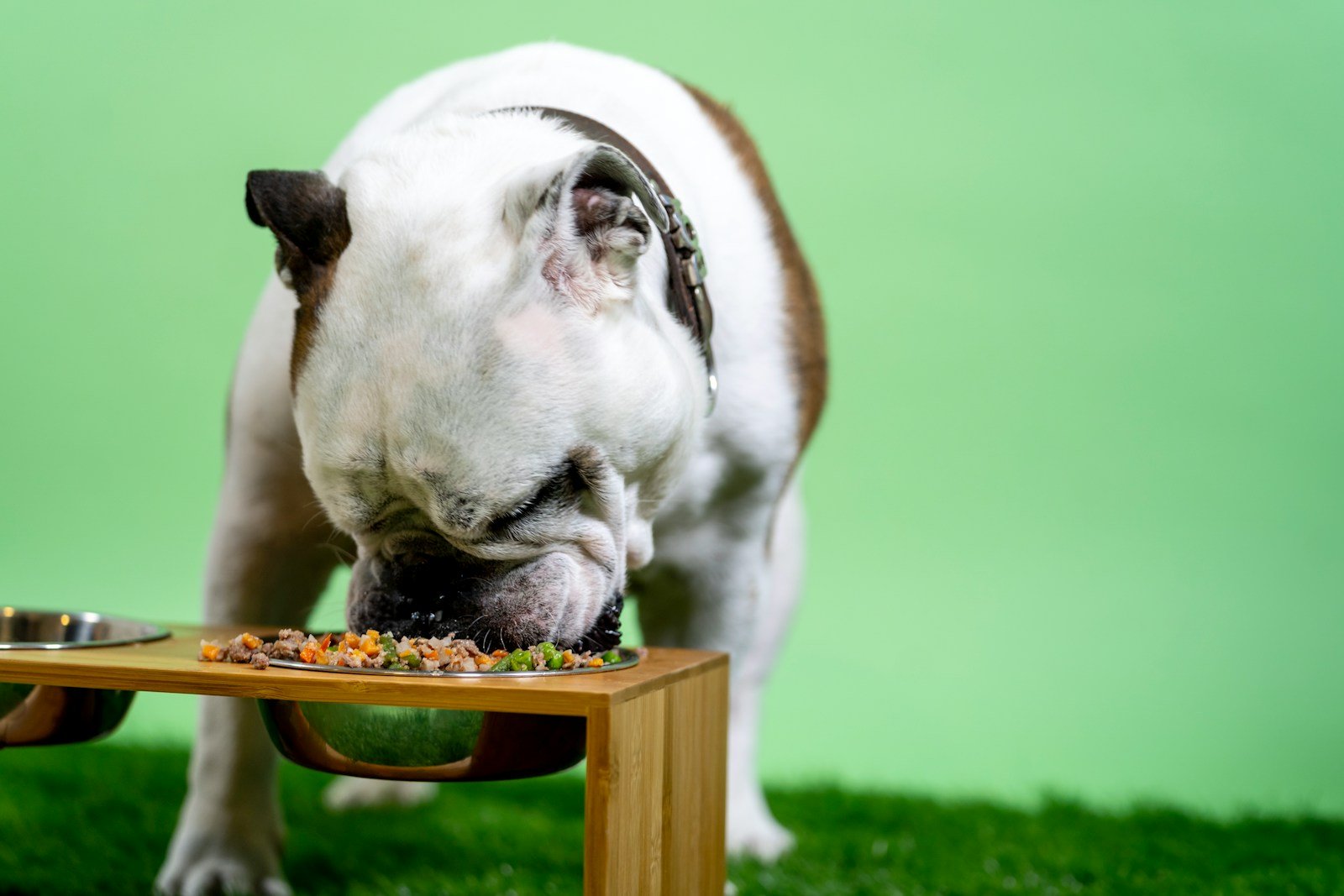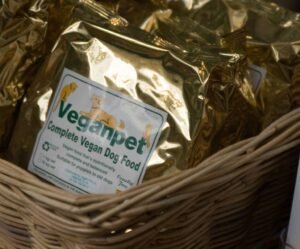Because every dog is unique, it’s sometimes very difficult to determine what causes food-related allergies and what doesn’t. Common pet food culprits include wheat, corn and soy. Various proteins also create their share of problems in certain dogs.
I was shocked to learn that some dogs are allergic to chicken, while I know from first-hand experience that my Jack Russell Terrier Lucy used to be allergic to beef.

Here’s an approach worth trying if your dog is excessively itching and scratching. If this is a problem, that may simply be the lack of Omega 3, 6 and 9 fatty acids in your dog’s diet that’s making their skin and coat dry. Winter indoor heating may also be exacerbating the condition.
Adding simple food additives to your dog’s food may be the key without switching diets. Supplements like The Missing Link and FortiFlora Dog Probiotic Supplement are viable solutions for supplementing your dog’s diet with the needed Omegas that they need to lubricate their skin and coats.
Excessive and compulsive foot licking, or chewing and biting other parts of the body, are generally a sign that allergies are to blame. Assuming it’s food allergies and not environmental, many vets and pet nutritionists recommend substituting a protein source that your dog doesn’t normally eat. Lamb is often used for this purpose, because it’s not as common a dog food ingredient. Lamb, in and of itself, is not “non-allergic”, but it’s less common than chicken and beef so it enables you to introduce something new into your dog’s diet, in effect, starting with a clean slate.
Some vets sell expensive “allergy free formulas” but there are ways to figure this out on your own and a lot less expensively. Increasingly, pet owners who have dogs with food allergies are feeding various pet food mixes like Dr. Harvey’s Veg-To-Bowl, Solid Gold Dry Dog Food, or The Honest Kitchen Human Grade Dehydrated Whole Grain Dog Food formula. Mixes, while a bit more work, allow you to more closely control what your dog is eating by beginning with a good “base” that contains the proper nutrients and vitamins especially formulated for dogs. Then, you can experiment by introducing your own protein sources (whether raw or cooked) and seeing how your dog reacts over the next few days.

Beginning with one of these neutral formulas, try adding chicken for a week. If that goes well, than your dog is probably ok with chicken. Then try beef. Then lamb. Try fish too. If that goes well, than it was probably one or more of the grains. Now a picture is starting to form. Your dog’s allergies have improved with a grain-free diet that includes certain proteins.
As we mentioned before, the point of introducing a different protein source to test your dog’s tolerance is because if your dog is suffering some type of food-related reaction, common sense tells you it’s something your dog’s already eating.
Please note that when switching a dog’s food, do it gradually over 5 to 6 days. Begin a 4 to 1 ration, old to new food, than 3 to 2 on day 2, than half and half on day 3, than 2 to 3 on day 4 and 1 to 4 on day 5. By day six, you’re switched over completely.
Than the real allergy testing can begin in earnest by sticking with the new protein source for a week and than introducing a new one every week taking note of your dog’s reaction or, hopefully, lack of one.
As you’ve probably figured out by now, there’s no one answer or “silver bullet” that will miraculously solve all your dog’s allergy problems overnight. You have to break the cycle by moving your dog to a neutral, grain-free food and begin experimenting with different proteins. Once you find a protein or combination of proteins that work, try slowly introducing grain formulas back into the diet to see if there’s a reaction or not. Using this gradual, common sense method combined with a good quality dog food should have your dog on the road to a happy, itch-free life.







